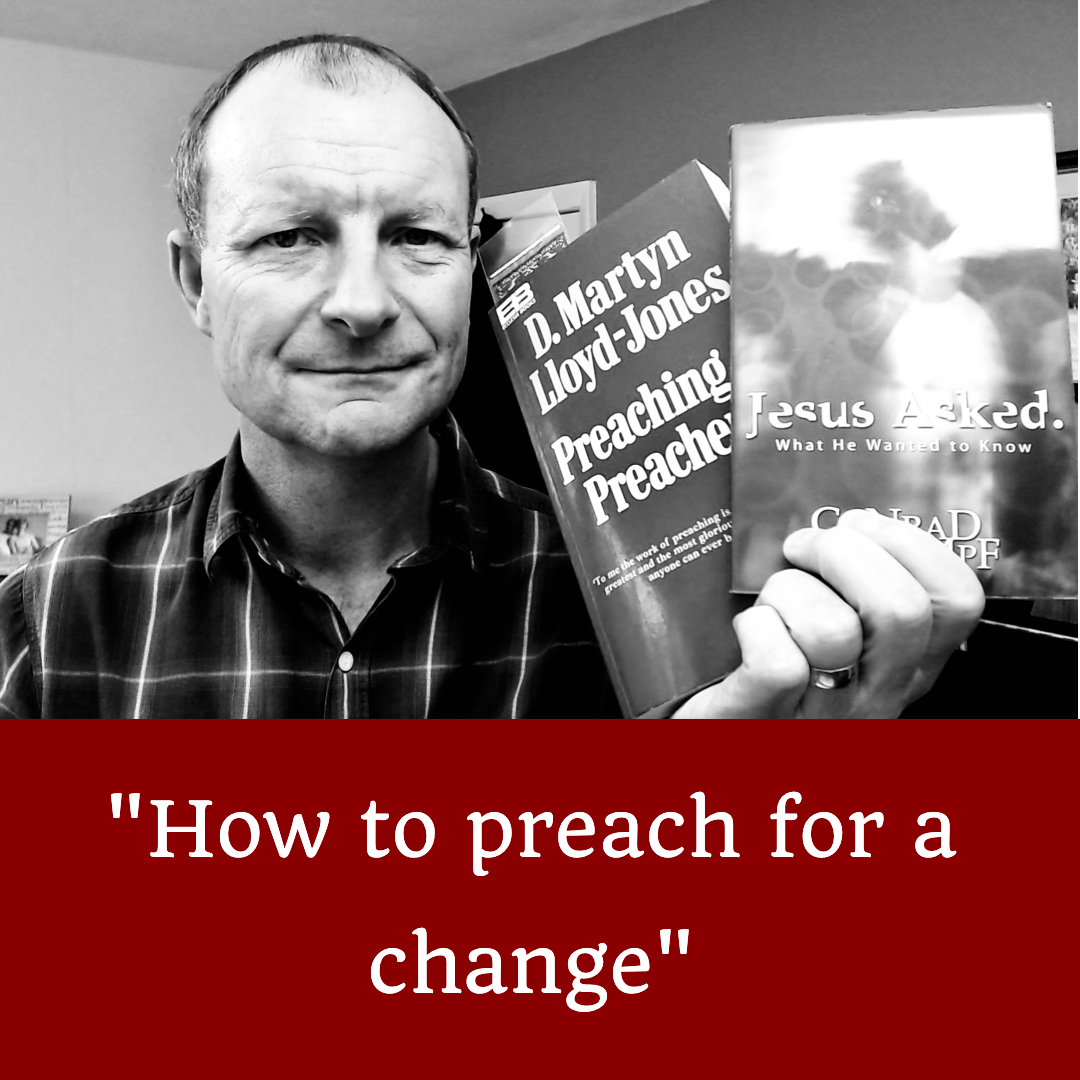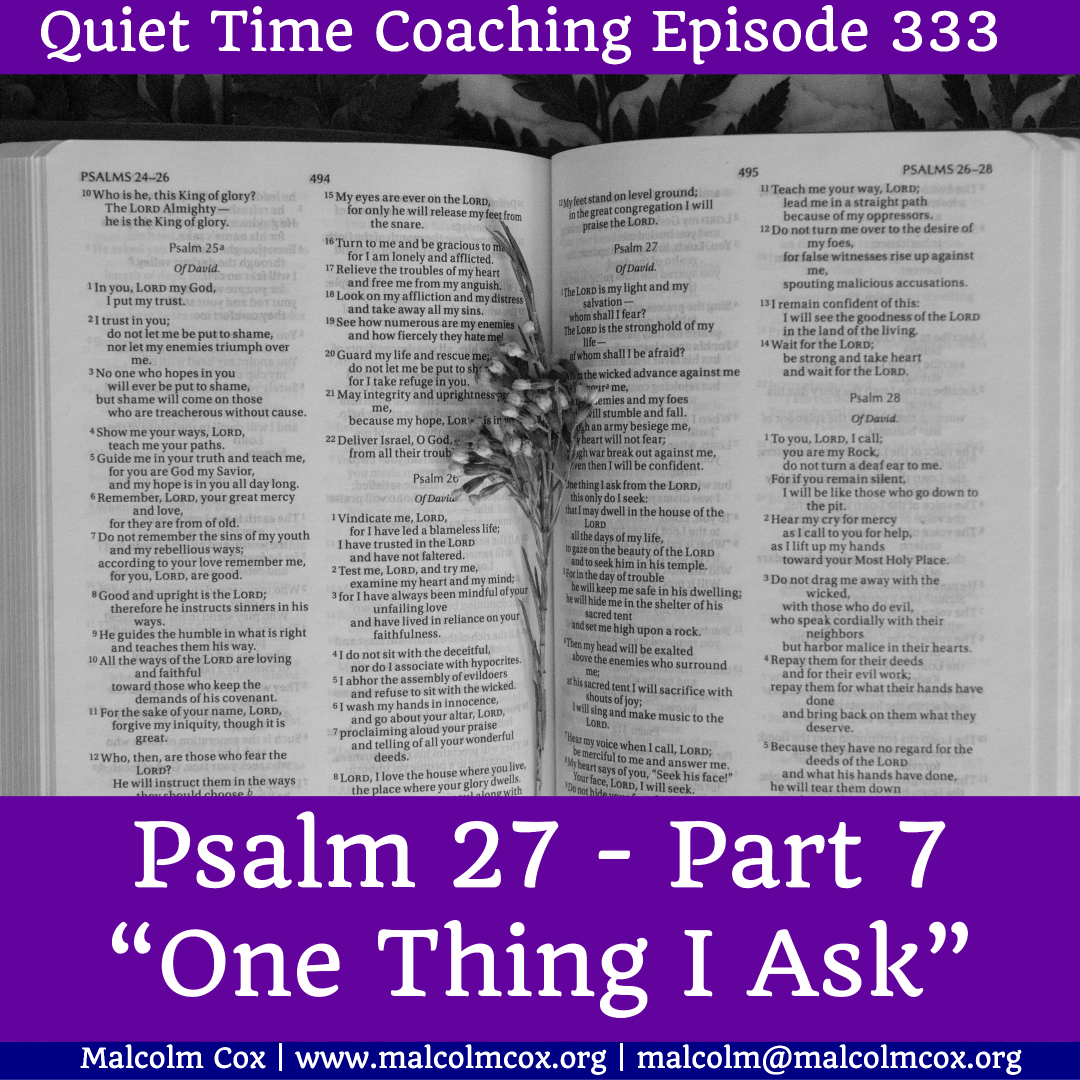Tuesday Teaching Tips, Episode 190:
Welcome to the year 2020! This is our first Tuesday teaching tip for the new decade.
Before I get into today’s topic let may explain a change to the teaching tips schedule. This coming year I shall be posting a new tip every other week instead of every week. I reflected on last year and the lessons learned from frequent posting. I’m glad that I learned how to generate meaningful material so frequently.
However, thinking about the year ahead I felt God developing a conviction in me to raise the standard. I need more margin in my life for study and reading to take things higher. I am taking the same approach with the weekly (now every other week) Sunday sample episodes for corporate worship matters.
I hope you won’t be too disappointed by receiving fewer episodes, and that you will find them to be higher quality. Please pray for me at I am able to do this with God’s strength.
Now on to today’s topic.
I’m continuing to read “Preaching and Preachers” by D Martyn Lloyd-Jones. I’m in the chapter called “The sermon and the preaching”. In this section of the book he is continuing to defend the relevance of preaching in an age where it is being called into question. Nothing different back in his day compared to ours! He questions whether our definition of preaching is accurate. Let me give you some of his thoughts about what preaching is, and especially his rather entertaining insights from the philosopher Epictetus.
“Preaching… Is a transaction between the preacher and the listener. It does something for the soul of man, for the whole of the person, the entire man; it deals with him in a vital and radical manner.”
“It is not the mere imparting of knowledge, there is something much bigger. The total person is engaged on both sides; and if we fail to realise this our preaching will be a failure.”
Quoting the philosopher Epictetus:
“The philosopher’s lecture room is a surgery. When you go away you ought to have felt not pleasure but pain, for when you come in something is wrong with you. One man has put his shoulder out, another has an abscess, another a headache. Am I, the surgeon, then to sit down and give you a string of fine sentences that you may praise me and then go away – the man with a dislocated arm, the man with the abscess, the man with the headache – just as you came?”
Reading this reminded me of a book I’ve posted about before called “communicating for a change” by Andy Stanley, a more contemporary voice. A couple of quotes from his book:
“Our goal should be to teach people how to live a life that reflects the values, principles, and truths of the Bible. In short, the goal is change… wanting people to do something different instead of just thinking about it.”
“How would you communicate this message if your eighteen-year-old son had made up his mind to walk away from everything you have taught him, morally, ethically, and theologically, unless he had a compelling reason not to? What would you say this morning if you knew that was at stake? Because for somebody’s son out there this may be his last chance. Now quit worrying about your outline. Go out there and plead your case like your own son’s future was at stake.”
A summary of the book’s principles can be found here: https://www.essentialleadershipapps.com/uploads/5/8/4/4/58449207/communicating_for_a_change.pdf
Both Stanley and Lloyd-Jones are on to the same point. We don’t speak simply to inform. Certainly knowledge is important if we are to avoid encouraging people to make decisions based on the feeling of the moment or even hype. However, the point isn’t knowledge. You can get that from a book.
The point of preaching is bringing knowledge to people in such a way, in a manner, in a style, with a hope that it will affect positive change for them, then for the people around them, and all for the glory of God. my father preaches regularly and he has a sign in his study which reads something like, “Inform the mind to stir the heart and change lives”.
What kind of reaction did Jesus encounter when he preached? Some were annoyed, and some were inspired. No one was bored! Consider these examples:
“Then the disciples came to him and asked, “Do you know that the Pharisees were offended when they heard this?”” (Matthew 15:12 NIV11)
“When he said this, all his opponents were humiliated, but the people were delighted with all the wonderful things he was doing.” (Luke 13:17 NIV11)
Perhaps the most commonly recorded response is summarised by this passage at the end of the Sermon on the Mount:
“When Jesus had finished saying these things, the crowds were amazed at his teaching, because he taught as one who had authority, and not as their teachers of the law.” (Matthew 7:28–29 NIV11)
How do we preach for a change? And how do we do it in a way which is healthy
My observation about Lloyd-Jones’ comments would be that his premise is correct, but it seems there is an overemphasis on creating anxiety. I prefer to use words like ‘stir’, and ‘stimulate’, which can include discomfort and disturbance, but also delight and inspiration.
My own experience is that preaching judgement and condemnation is easier than preaching mercy, grace and good news. It may be said that preaching grace is not disturbing, but just have a look at the reaction of the Pharisees to the parable of the prodigal in Luke 15 and you will see that this is not the case.
I have two suggestions:
- Make it personal. Speak from the heart, not from the page. Harry Fosdick said that preaching was, “Drenching the congregation in one’s life’s blood”. He also said, “Hating people is like burning down your own house to get rid of a rat”, but that’s a point for another day! Don’t speak like someone detached from the topic, the passage or the congregation. Speak as one who has been affected by the Scriptures, and whose life has been changed. This presupposes our hearts have been changed. Part of the purpose of sermon preparation is to find what we, the speaker, must repent of. Preparing well in advance gives the Spirit time to work on our own hearts, and create the opportunity for us to grow.
- Ask questions. You don’t have to read far in the Gospels to hear Jesus asking questions. Questions of his disciples, questions of the crowd, questions of individuals, questions of his opponents. There are so many examples that I won’t list them here, but if you would like to read a good book about how Jesus used questions I can recommend “Jesus asked what he wanted to know” by Conrad Gempf – my old lecturer at London School of Theology. On page 144 of his book he writes, “Jesus asks lots of questions. But he doesn’t ask primarily because he wants to acquire knowledge, nor does he ask to help people realise they already have the knowledge. He asks to help people realise where they stand; he asks questions in order to give an occasion for a reply, in order to initiate a conversation.” How are your questions in your sermon, whether they are rhetorical or meant to stimulate actual discussion during the lesson? Plan your questions well. Some need to be aimed primarily at stimulating thinking, and some need to be aimed primarily at causing surprise or even offence. Balance and blend as necessary.
As usual, we are scratching the surface of this topic. What have I missed out? What would you add? Do you agree with Lloyd-Jones and Stanley? How do you feel about drenching the congregation in your life’s blood?!
What I’d like to know today is,
“What do you consider to be the most important element in preaching which helps people to go away changed?”
Please add your comments on this week’s topic. We learn best when we learn in community.
Do you have a question about teaching the Bible? Is it theological, technical, practical? Send me your questions or suggestions. Here’s the email: malcolm@malcolmcox.org.
If you’d like a copy of my free eBook on spiritual disciplines, “How God grows His people”, sign up at my website: http://www.malcolmcox.org.
Please pass the link on, subscribe, leave a review.
“Worship the LORD with gladness; come before him with joyful songs.” (Psalms 100:2 NIV11)
God bless, Malcolm
PS: You might also be interested in my book: “An elephant’s swimming pool”, a devotional look at the Gospel of John



